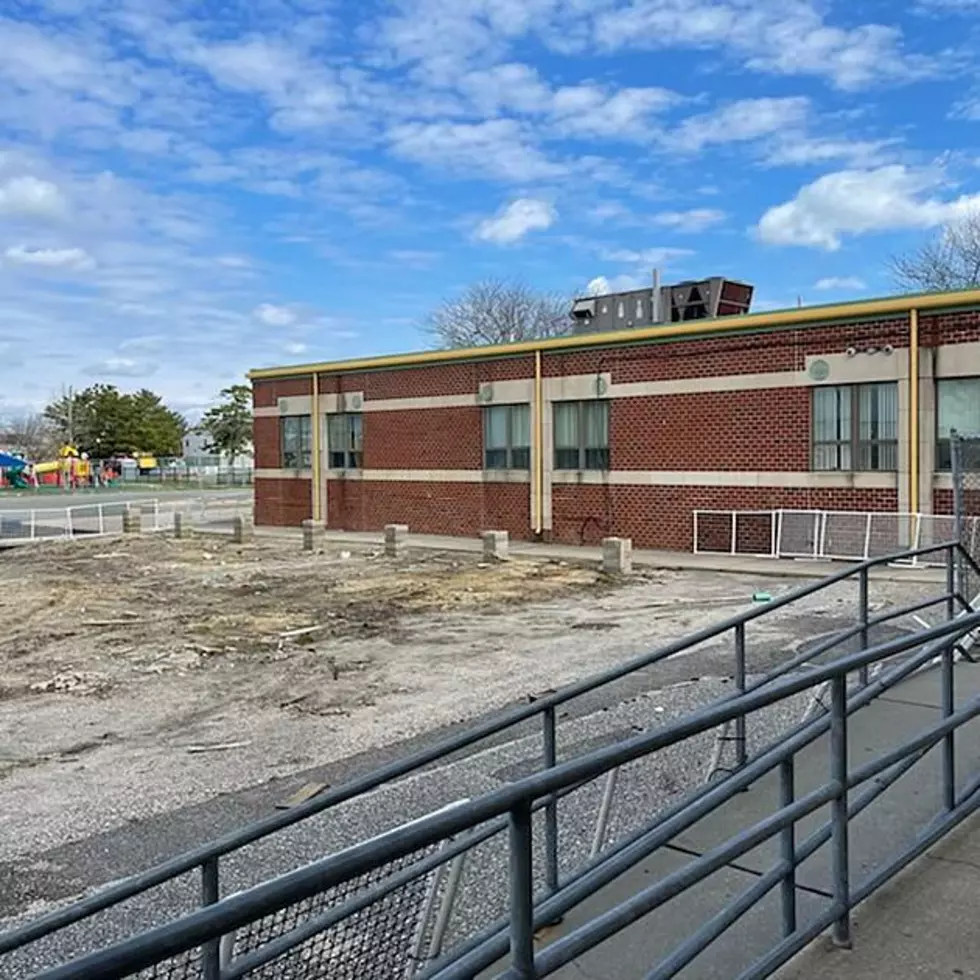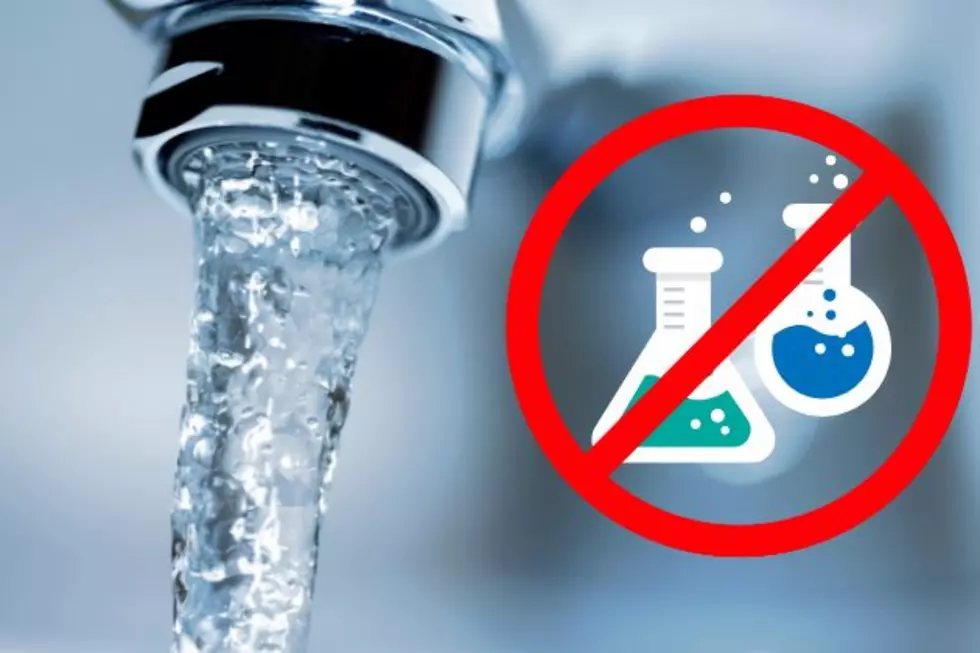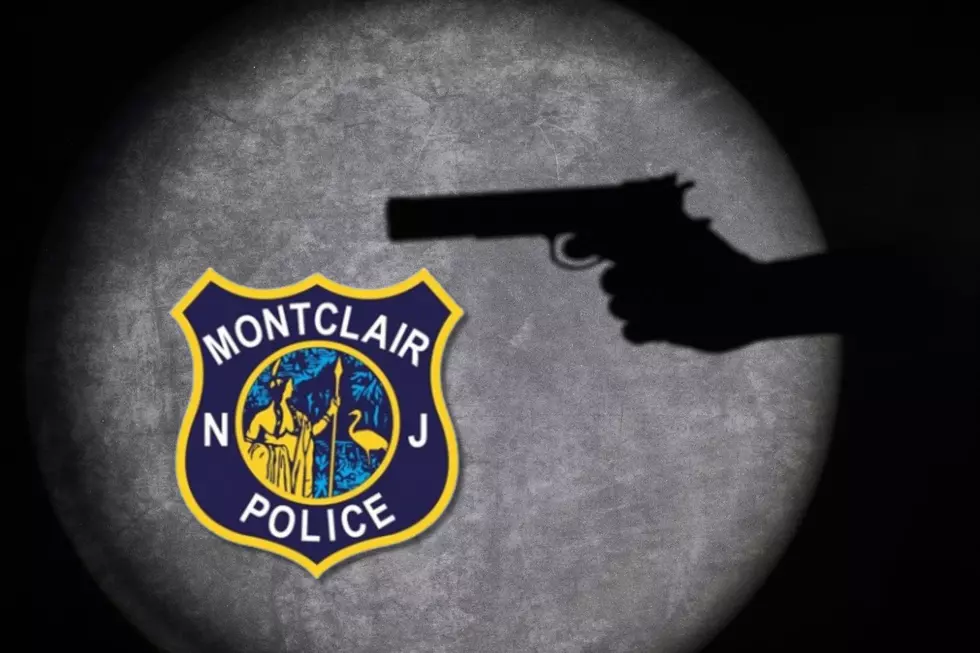
Studies Show Why $15 Min. Wage Will Fail NJ’s Working Poor
It became official Monday. Governor Phil Murphy signed into law a $15 an hour minimum wage that phases-in year by year.
We've talked about this enough. I've given you my reasons why I think this is bad. It will see companies eliminating the very jobs the legislation targets by going automated. Ordering kiosks at McDonald's will soon be seen all over. More self-serve lanes at grocery stores. More self-serve everything. Prices for goods and services will eventually rise. The diner owner where Murphy stumped just last week pushing this bill said so himself much to Murphy's embarrassment. Teenagers will have fewer opportunities as businesses won't want to offer that much money for entry level, non-skilled workers to simply learn how to work. The "can't raise a family of four on minimum wage" argument has always galled me; you don't have children when you don't have any skills to be able to afford them. Logic 101.
But enough of my opinion. What about the following studies?
Dr. David Neumark of University of California – Irvine and Dr. William Wascher of Federal Reserve Board did a comprehensive examination of 20 years worth of research on minimum wage. They concluded 85% of the most sound studies on the matter show minimum wage hikes are met with job losses.
Okay, but what about overall? Is there the shot in the arm for the economy that's always touted? No. Labor economist Dr. Joseph J. Sabia (United States Military Academy at West Point) did a study showing a negligible effect of the Gross Domestic Product overall. Worse, it showed a negative effect on the Gross Domestic Product of specific low-skilled industries, the very types of jobs these minimum wage hikes are designed to help.
Further, he found for each 10% hike in minimum wage there was a corresponding 3.6% job loss for low-skilled workers. New Jersey is about to have more than a 10% hike in its minimum wage come July as the first step of this phased-in $15 per hour minimum wage.
More From WPG Talk Radio 95.5 FM










